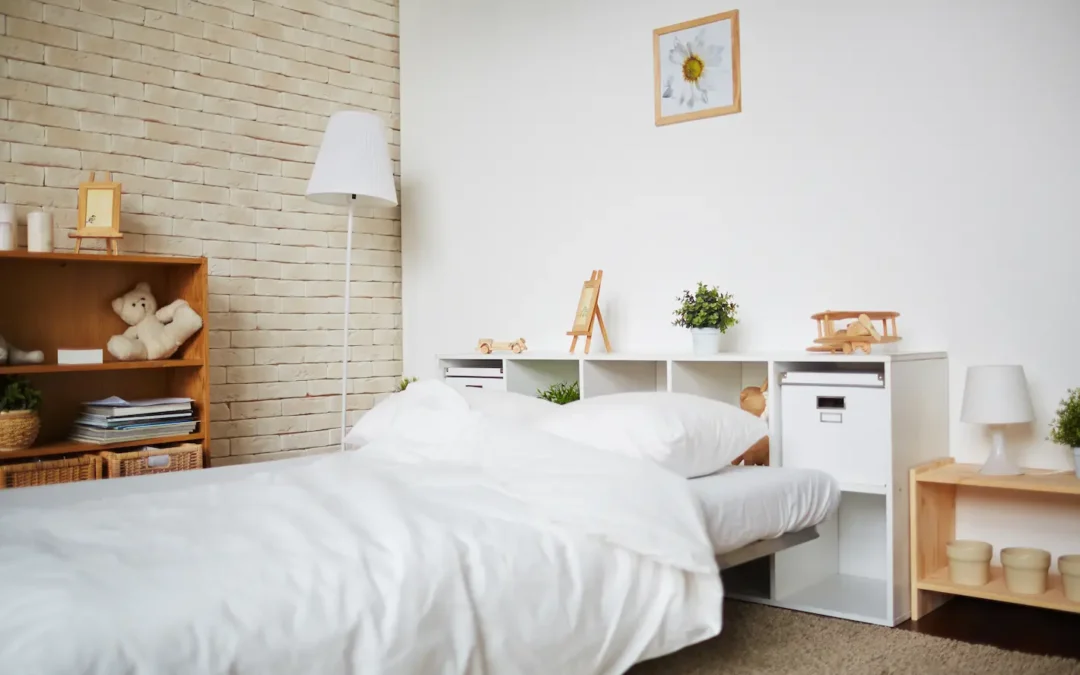Do you have a spare room at home and are thinking about renting it out? You’re not alone. With rental prices skyrocketing and the cost of living on the rise, many people are looking for ways to generate extra income without having to move. Renting out a room can be a great option, but it’s important to do it properly to avoid legal issues or conflicts with tenants.
At 1Mast, a real estate agency in Fuengirola with over 20 years of experience on the Costa del Sol, we know what it takes to rent out a room in your own home. From finding the right tenant to understanding tax obligations, we explain everything so you can make the best decision without headaches.
How is room rental regulated?
Before you jump into renting out that empty room, there’s something you need to know: it doesn’t work the same way as renting out an entire property. Instead of being governed by the Urban Leases Act (LAU), room rentals are regulated by the civil code. And what does that mean? Essentially, the rules are different:
- The contract is not automatically renewed. If the tenant wants to stay longer, you’ll need to renegotiate.
- If you decide to sell the house, the room rental contract can be terminated without the tenant having any claims.
- The tenant has no right of first refusal. If you decide to sell, they don’t get priority to buy the property.
That’s why, if you’re going to rent out a room, it’s best to have everything clearly outlined in a detailed contract.
Key points for drafting a room rental contract
If you want to avoid unpleasant surprises, the contract must clearly define everything. Here’s what shouldn’t be missing:
- Contract duration: There’s no legal minimum, so you decide how long it lasts.
- Price and payment method: Specify the cost, how it’s paid, and whether utilities are included.
- Room being rented: Clearly describe the room and what’s included (furniture, size, etc.).
- Use of common areas: Can the tenant use the kitchen? The living room? All this should be agreed upon in advance.
- Utilities and services: Specify whether utilities are included or paid separately.
- House rules: Define rules regarding cleaning, visitors, schedules, and pets.
- Subletting: Can the tenant sublet the room? If you don’t specify otherwise in the contract, the law allows it.
- Professional review: For extra security, it’s best to have an expert review the contract.
A well-drafted contract can save you a lot of trouble. Don’t leave it to chance.
Tax obligations: do I have to declare the rental to the tax office?
Now let’s talk about something serious: taxes. Because yes, the tax office wants its share, and you need to know how this income affects your tax return.
If you are a homeowner, renting out a room is considered rental income. The good news is that you can apply tax deductions ranging from 60% to 100%, depending on the tenant’s age and income. However, if you deduct your mortgage for your primary residence, renting out a room will reduce that deduction.
If you are a tenant, you should know that the tax office does not consider room rental as a primary residence, meaning you cannot deduct the rent you pay.
How to choose the ideal tenant
Beyond the money, sharing a home with someone means cohabitation. And we all know not everyone is easy to live with. To avoid problems, consider these aspects:
- Financial stability: If they can’t pay, it’s your problem. Ask for guarantees.
- Living habits: It’s important that lifestyles are compatible. Living with someone who wakes up early for work is not the same as living with someone who prefers to stay up late and keep a more nocturnal schedule.
- Cleanliness and organization: Set clear expectations regarding cleanliness to avoid conflicts.
- Visitors and schedules: If you don’t want strangers in your home at all hours, it’s best to discuss it beforehand.
- Pets: Allowed or not? And if they are, who covers damages if they occur?
Choose wisely, because bad cohabitation can turn your home into a nightmare.
Paying bills and expenses: how to split costs?
How are expenses handled in a shared home? There are several options, but the key is to make it clear from the start.
If you want to avoid complications, you can set a fixed rent including utilities, where the tenant pays a set amount covering water, electricity, and internet. That way, you avoid monthly calculations. The other option is proportional payment, where bills are split among tenants based on consumption or the number of people in the house.
Whatever you choose, make sure it’s clearly detailed in the contract. Also, agree on the use of heating and air conditioning, as these expenses can skyrocket without control.
We help you rent out your room at 1Mast
If you’ve made it this far, you now understand how renting out a room in your home works. But if you want to do it hassle-free, at 1Mast we’re here to help. We take care of finding tenants, managing the contract, and handling all the legal paperwork so you can enjoy the benefits without worries. Contact us and find out how we can make it easier for you.


